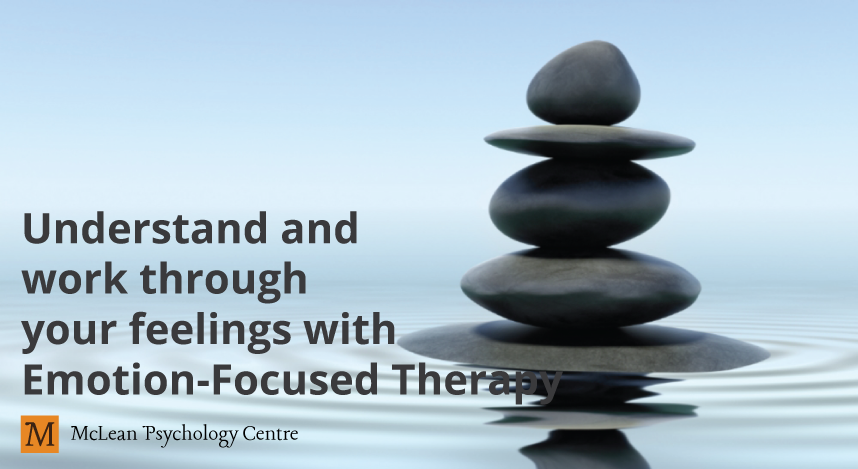Emotions are funny things. We feel them constantly, and we are taught to trust them at a very early age. Emotions tell us what is important to us in those situations and how we should be reacting – they tell us what we want and need. Feelings and emotions can also keep us from connecting with a situation or person, and that can be to our detriment, especially if it happens in a relationship that is important to us.
Emotion-Focused Therapy (EFT) is a type of therapy used by psychologists in the treatment of issues such as depression, anxiety, and is often used in couple’s therapy. In EFT emotions are viewed as centrally important to the concept of self, and the experience of self and others.
Pioneered by Sue Johnson and Lee Greenberg in the 1980s, EFT takes the form of a cycle of examining emotions; change occurs through emotional awareness when a person becomes emotionally aroused, is then prompted to regulate the emotion and reflect on it, finally transforming the understanding of that emotion for the person experiencing it.
Emotion-Focused Therapy is based on the idea that there are three emotional frameworks that every person uses to examine and respond to their emotions.
Primary adaptive responses are emotional responses to a stimuli that gives us a direct benefit. For example, fear tells us to move away from a situation in order to be safe; anger tells us to move away from something that is violating or hurting us; and sadness tells us we have lost something (or someone) and we need to reconnect. In therapy, primary adaptive responses are examined to determine whether the correct one is being accessed, and if it can aid in problem solving a situation.
Primary maladaptive responses are emotional responses to a stimuli that are similar to primary adaptive responses, but the responses are dysfunctional. Often these responses were developed to adapt to a traumatic situation, but the responses are no longer needed, and can cause problems in a person’s current life and relationships. In therapy, these emotions are accessed with a view towards transforming the incorrect emotional response with a new experience.
Secondary reactive responses are emotional responses to emotional responses. For example, if a person becomes angry at a situation, the anger they feel might be replaced with anger about being angry. They may also experience secondary reactions such as hopelessness, rage, despair, or helplessness in response to the primary adaptive emotion. In therapy, secondary reactive responses are examined in an attempt to arrive at the primary adaptive emotion being felt and develop appropriate responses.
There is one additional emotional framework some people experience, and that is instrumental emotional responses. These are responses developed and used because they elicit a response from others. These could be used to get someone to pay attention to us, to go along with something we want them to do, or to either approve or not disapprove of us. Sometimes these responses are used consciously – for example, crying “crocodile tears” – but just as often these adaptive responses are used without consciously knowing it is happening. In therapy, these instrumental responses are examined for their validity, motivation, and the desired outcome.
In EFT, emotions are not the problem, but how we manage our emotions can create issues in our lives. Psychologists work directly with your emotions in therapy to help you understand their root cause, how to understand them when they appear, and how to use them to meet your goals and needs. You will experience your emotions in the safety and judgment free environment of a therapy session. Together with your psychologist you will begin to develop a distance from your emotions so you can use them to help, rather than hinder, your daily life.
McLean Psychology Centre’s clinicians use EFT in conjunction with other therapy methods, such as Cognitive Behavioural Therapy, in working with their clients. If you have a problem or issue you would like to explore, booking a consultation is the first step.







